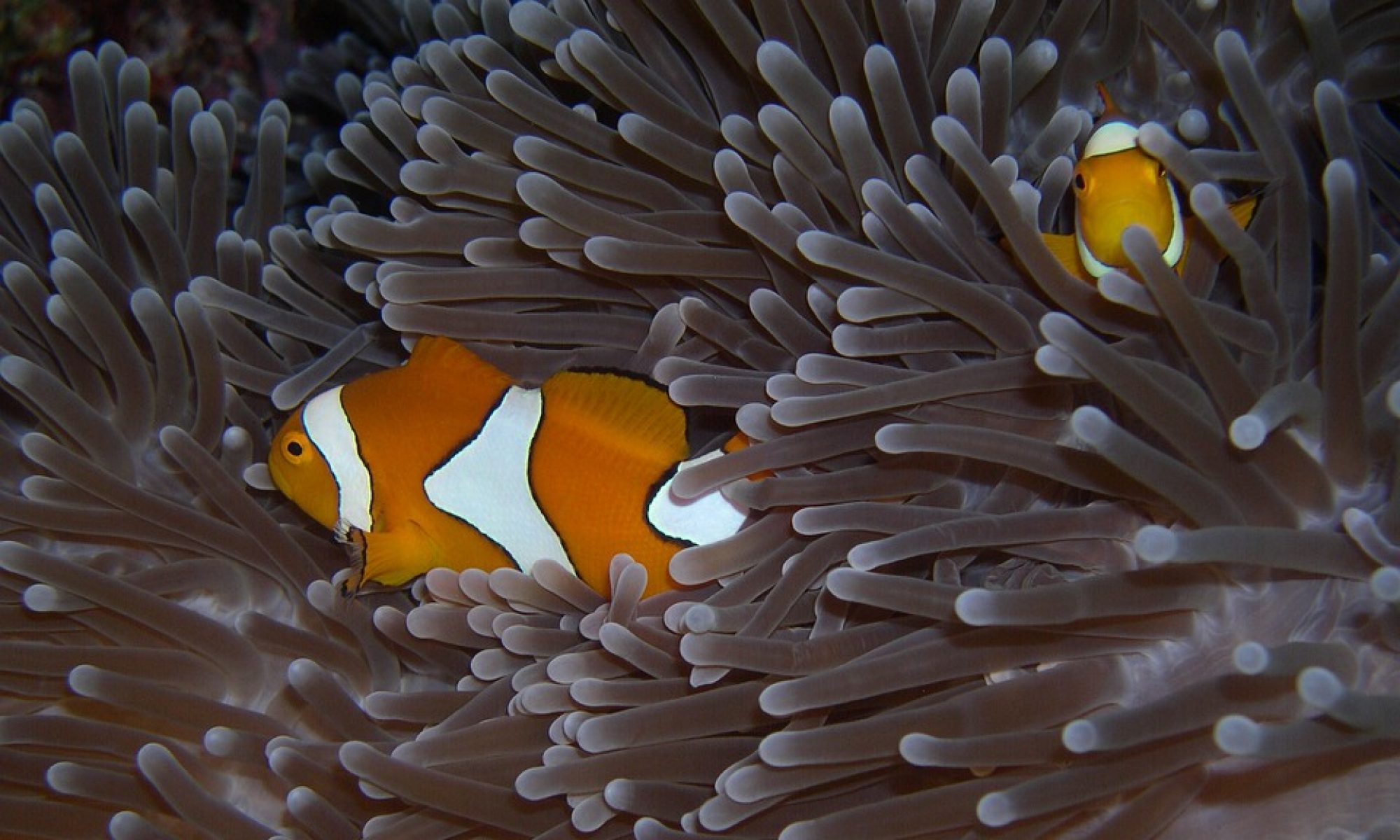Research Overview
I am broadly interested in how genes and environment shape voluntary behavior. Most of my work involves performing behavioral experiments with mice and fish to answer basic questions about how lifestyle factors such as diet, drugs of abuse, social environment, and exercise affect the brain and behavior. My approach combines behavioral, genetic, molecular, and histological techniques and involves extensive collaborations with different units on campus and outside campus including engineering, kinesiology, and nutrition. Current mouse projects focus on uncovering origins of exercise-brain interactions, with two separate lines of research: one on muscle-brain communication and the other on brain activation associated with physical exertion. I also have an ongoing project exploring the impact of natural versus synthetic vitamin E on brain development. The fish work currently has two main objectives which fill important gaps in our understanding of sex differences in the brain and the regulation of parental care. The first is uncovering the neuroendocrine mechanisms involved in the active feminization of the brain induced by social dominance, and the other on fathering behavior. The unique life history of the fish we are studying allows us to explore questions which are much more difficult if not impossible to study in mammals, but presumably follow similar biological processes because of evolutionary ancestry.
~ Dr. Justin Rhodes
